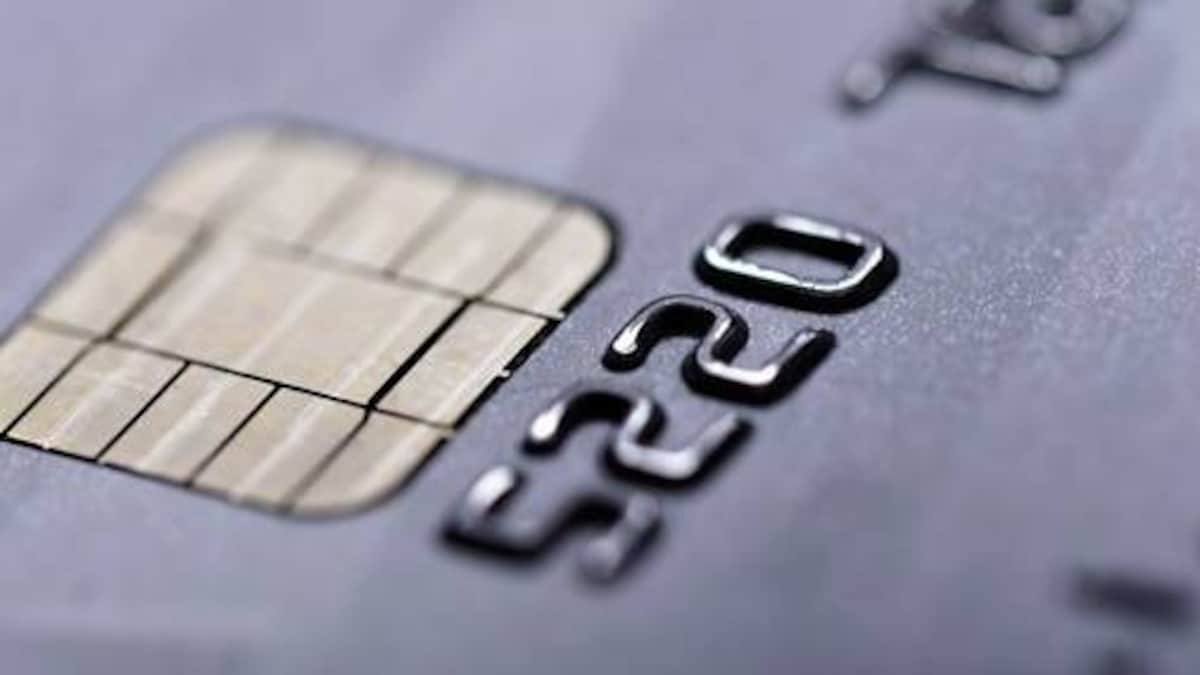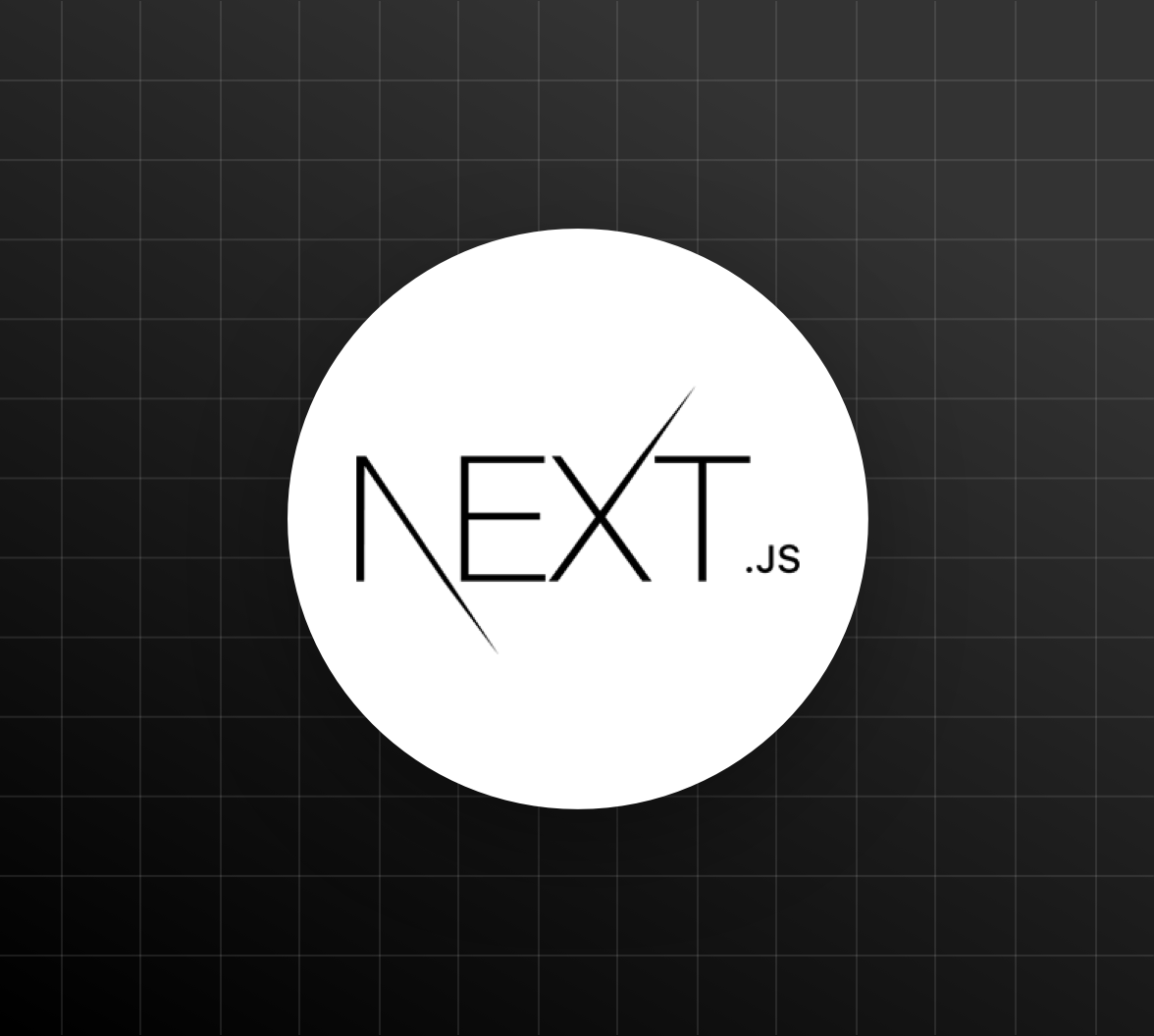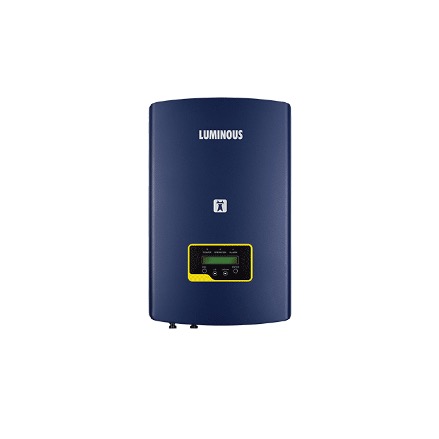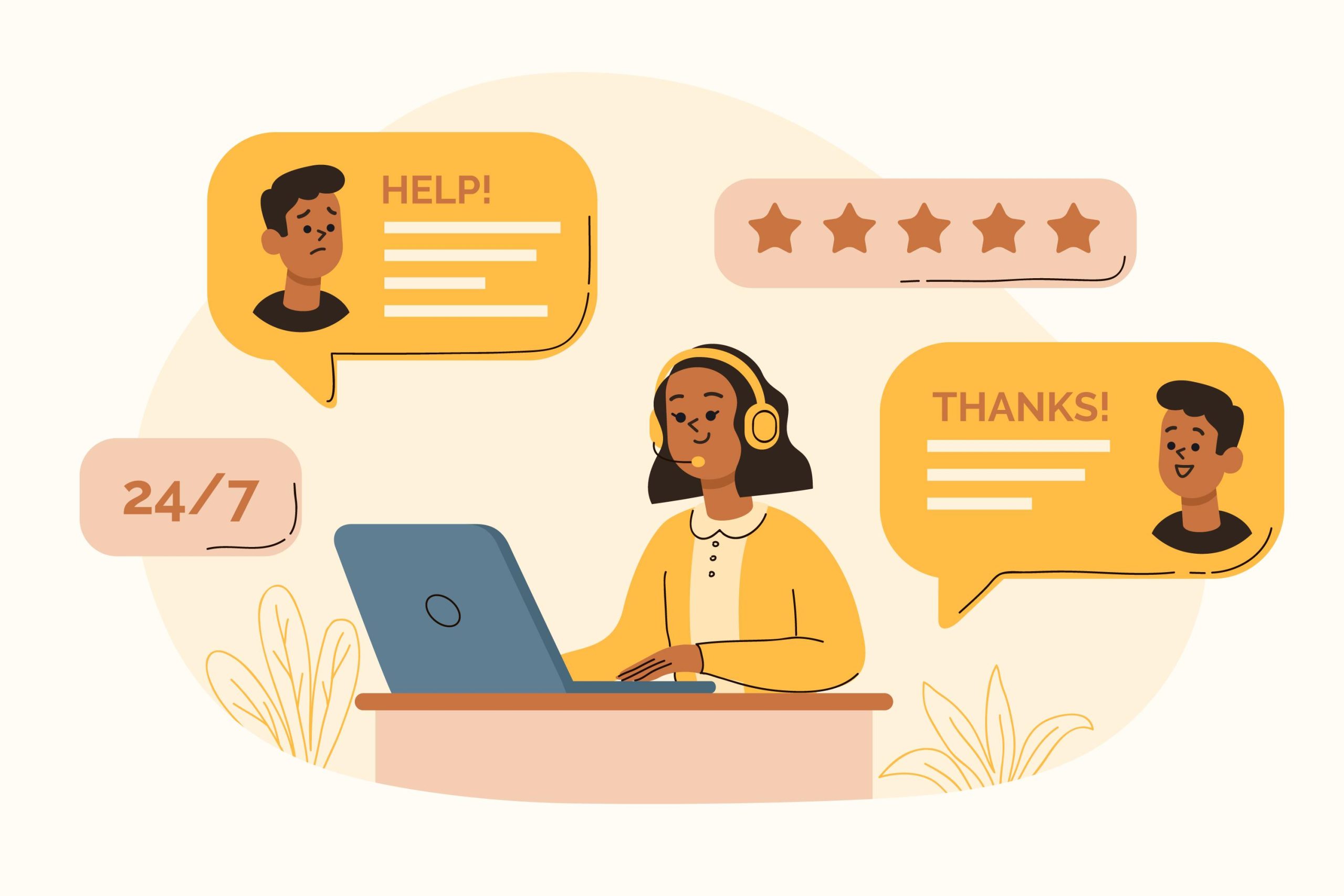When in need of immediate access to liquidity, two of the prominent options that individuals go for are credit cards and personal loans. While there is an option for immediate withdrawal from the card, it takes a longer time for a personal loan to process and disburse.
Nevertheless, each comes with its own set of advantages and disadvantages that need to be considered to determine which one fares better over the other. Note that similar to lump-sum funding under personal loans, users also have an option to avail themselves such funding via a payment card in the form of a credit card loan.
Comparison between a credit card and personal loan
Following are a few essential parameters that need to be kept in mind to decide on which type of loan one should go for –
- Tenure of payment
Financial experts suggest that for short-term debt, opting for a credit card loan can be the most suitable option as it keeps one’s expenses within the planned limit. Such loan repayments also come with short tenure, usually payable within 3 months of use. On the other hand, if one needs high-value funding in a lump-sum alongside an extended repayment tenure for debt servicing, availing a personal loan can be a suitable option.
- The total cost of funding
While deciding between the two, one of the primary considerations would be to zero in on the lowest costing option, which meets the financing needs of an individual. A personal loan is extended against a fixed interest rate which is chargeable right from the day of its disbursal. While the interest rates are typically affordable, one needs to pay them as a component of EMIs mandatorily.
On the other hand, financing under a credit card comes with zero interest liability if one pays the entire bill within the due date. In case one fails to repay the utilized amount, interest is chargeable at a high rate. In that case, one can suitably opt for a credit card loan, and repay it in 3 easy EMIs against nominal interest charge. Nevertheless, repayment within the billing cycle ensures the use of a credit card wisely.
- Usage
A credit card comes with multiple methods of usage; wherein, one can utilize it to pay for purchases at various online and offline stores or avail of a credit card loan against the unused credit limit. Also, a cardholder can opt for a credit card cash withdrawal facility to meet immediate cash requirements. All these uses can be timed suitably to avail an interest-free period of up to 45 to 50 days.
Usage of personal loans varies, wherein such funding option is often selected for big-ticket financing needs.
A personal loan is also the best way to consolidate debt while reducing the hassles of tracking multiple EMI payment dates.
As for credit cards, a premium product like the Bajaj Finserv RBL Bank SuperCard comes with instant approval and can be availed against minimal joining and annual fees. One can also avail of a credit card loan payable in easy EMIs over the next few months.
The card issuer also extends pre-approved offers to make the application process hassle-free and time-efficient. The offer can be availed for a range of financial products like business loans, personal loans, etc. You can check your pre-approved offer by submitting basic details such as your name and contact number.
These are a few of the important things to know before applying for a credit card or a personal loan.
In the backdrop of this overall comparison, one can understand the critical differences between credit cards and personal loans.
To finally determine which one is better, one needs to consider the purpose of utilization of such funds and affordability. If you plan to make regular purchases, a credit card would be the most appropriate option, which also comes with attractive reward programs for savings on future purchases.






